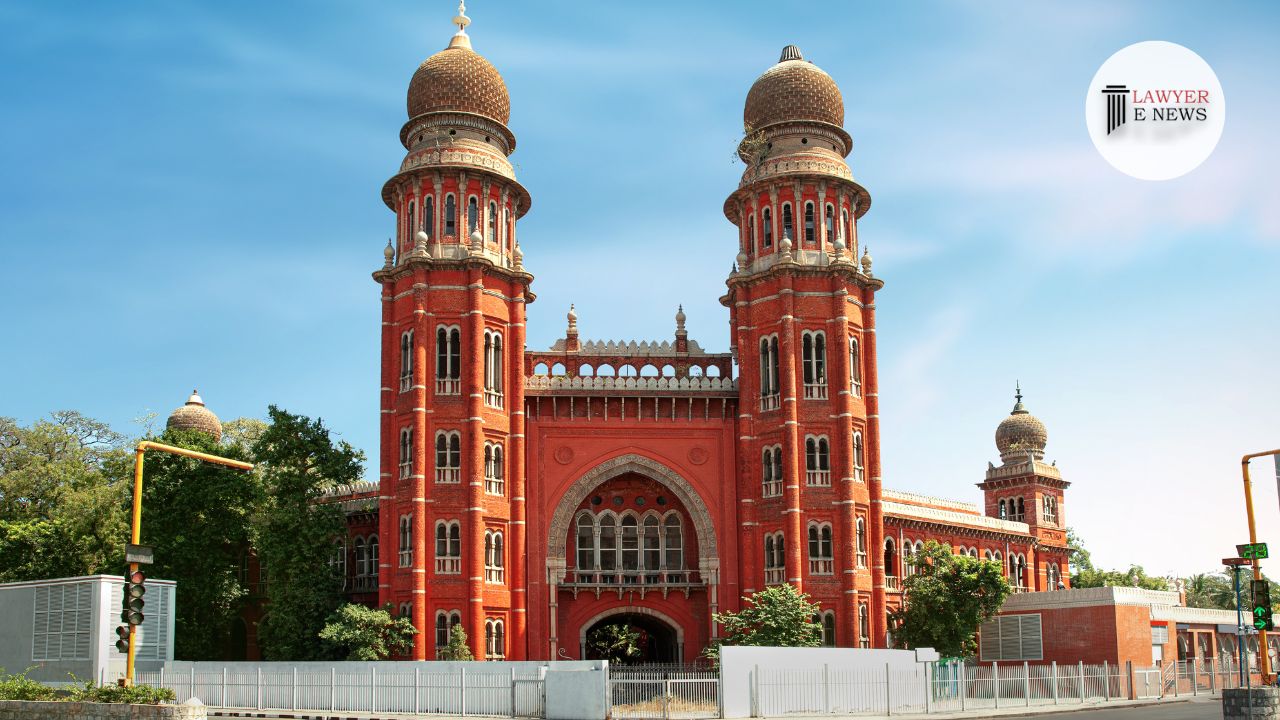-
by sayum
14 February 2026 2:22 PM



The Madras High Court has quashed a government order for the recovery of alleged excess pension payments to a retired lecturer, terming the action as “unjust, arbitrary, and a violation of the principles of natural justice.” The decision reiterates that retrospective pension recovery without fault from the pensioner, especially after a significant lapse of time, is impermissible.
The petitions centered around a government order demanding the recovery of excess pension paid to Mr. V. Radhakrishnan, a retired lecturer, which allegedly occurred due to an administrative oversight in calculating his pension benefits. His wife, Sundrambal, challenged the order posthumously on his behalf, claiming that no misrepresentation or fault existed from the pensioner’s side that would justify the recovery. She also sought directives for the continuation of the family pension based on the last received pension amount before deductions began.
The court observed that the petitioner’s husband received a revised pension without any fraud on his part, and the administrative error leading to the excess payment was solely on part of the pension disbursing authority. Justice Devanand noted:
Violation of Natural Justice: The recovery order was issued without prior notice, denying the pensioner an opportunity to contest or clarify the alleged discrepancy. “Passing an order without notifying the aggrieved party is a clear violation of the principles of natural justice,” remarked the Justice.
Impermissibility of Retrospective Recovery: Citing the Supreme Court’s decision in Rafiq Masih (White Washer) and the Thomas Daniel case, the court highlighted that retrospective recovery actions, particularly after ten years of retirement without any fault on the part of the pensioner, are impermissible and unjust.
Relief Granted: Consequently, the court set aside the impugned recovery order and directed the relevant authorities to resume payment of family pension to the petitioner and refund any amounts that had been wrongly deducted.
Decision: The writ petitions were allowed. The court directed the respondents to reinstate the full pension benefits to the petitioner’s wife and to return any deducted amounts within six weeks.
Date of Decision: 26th April 2024
Sundrambal vs. The Government of Tamil Nadu & Ors.
